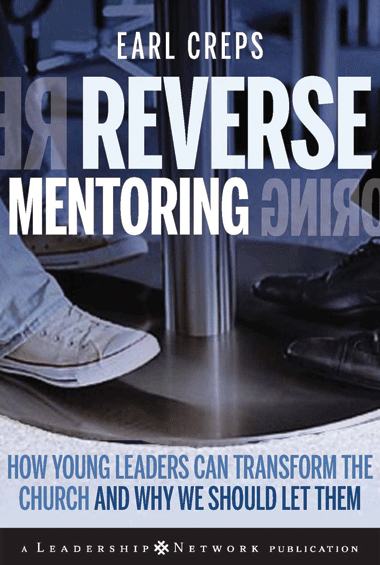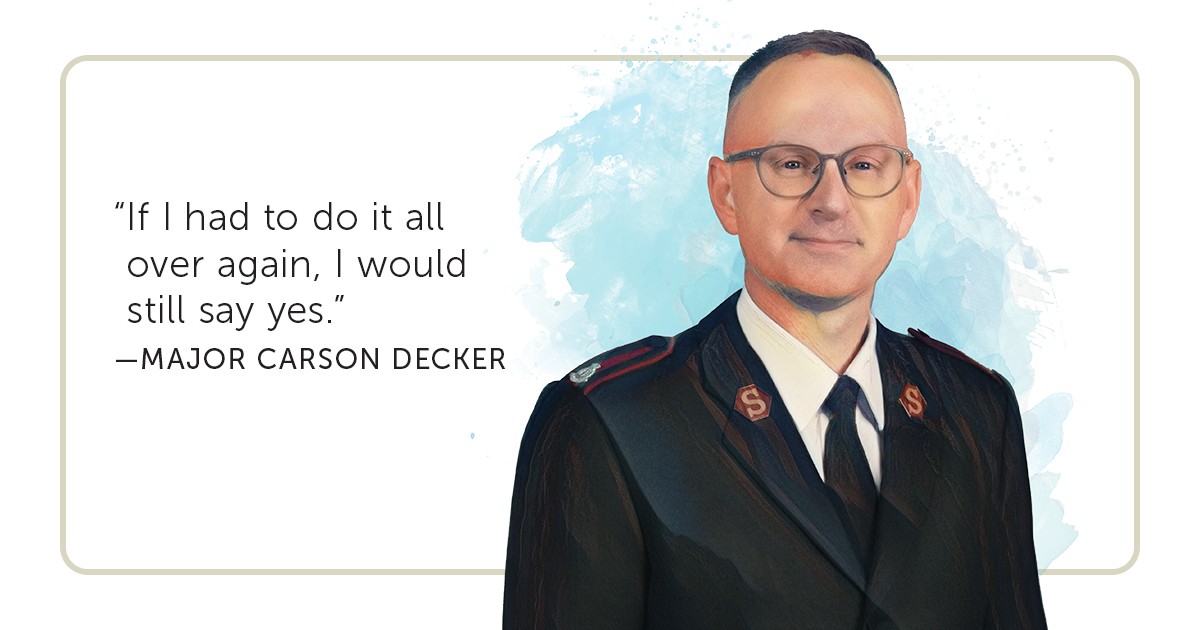 Mentoring is not a new practice. It has served the purposes of life and leadership from the beginning of human communities. It comes naturally to many leaders, even if they don't identify their actions and influences as mentoring. It has become an essential practice partly because of the complexity of our times and the sense of personal inadequacy that pervades our culture. With the increase in technology and information, who can keep up? Interdependence has upstaged independence as a core value to be celebrated and cultivated.
Mentoring is not a new practice. It has served the purposes of life and leadership from the beginning of human communities. It comes naturally to many leaders, even if they don't identify their actions and influences as mentoring. It has become an essential practice partly because of the complexity of our times and the sense of personal inadequacy that pervades our culture. With the increase in technology and information, who can keep up? Interdependence has upstaged independence as a core value to be celebrated and cultivated.
We typically think of mentoring as a service provided by older people to younger ones. The accumulation of knowledge and wisdom from many years of experience is made available to the mentee. While that is true and encouraging, you may have observed what I have on many occasions. A younger, less experienced person has spoken truth and guidance into my life, with an impact equal to what I have received from my elders. That is why I was fascinated to read Earl Creps' recent book, Reverse Mentoring: How Young Leaders Can Transform the Church and Why We Should Let Them.
Creps is a church planter in Berkeley, California, and a cultural expert on the “Y Generation” (those born between the 1980s and the early 1990s). He records scores of coffee-house conversations with young people who represent a cultural world outside our churches. Through these interactions we discern the values, emotions, opinions and trends that define today's society. The four sections of this book—Facing Reality, Cultivating Spirituality, Experiencing Practicality and Developing Reciprocity—can help us relate to young leaders who are shapers of tomorrow.
As in any dialogue, we must be ready to be challenged without simply sitting on the comfortable formulas of the past. The honesty of young mentors can be liberating to a generation uneasy with change. This book is not a mentoring prescription, but an invitation to explore the value of cross-generational mentoring as a tool for building relevant, missional leadership.
Major Clarence Bradbury is Director, School for Leadership Development/Evangeline Booth College, U.S.A. Southern Territory.









Leave a Comment